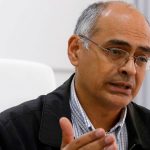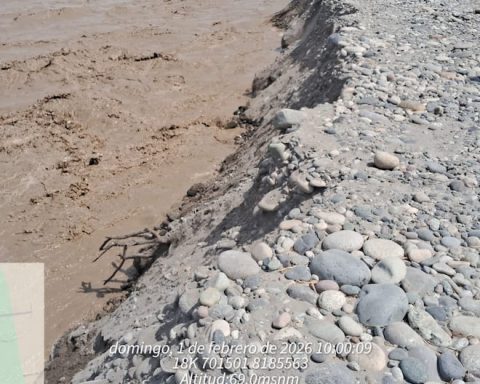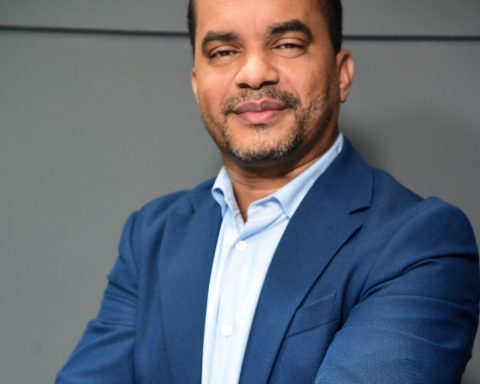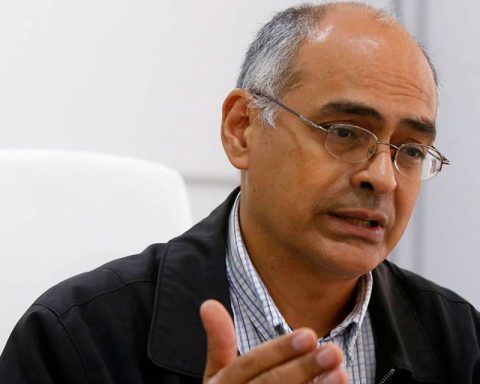Expressing his concern and concern about the matter, the President gabriel boric He referred to the inconclusive election of the next National Prosecutor, after the Senate twice rejected the candidates proposed by La Moneda.
The Government failed to commit the necessary votes and Congress rejected Marta Herrera and José Morales, who were shaping up to lead the Public Ministry, at a time when security is manifested as a priority for citizens.
You may also like:
“Yes, it worries me because if we are talking about what worries citizens the most (security) and all the institutions are not capable of reaching an agreement to be able to offer solutions, finally the trust that is already weakened in the same institutions, that is why I ask the Senate to have responsibility regarding this issue and we can make decisions together,” declared the President, in an interview with Financial Diary.
The Head of State stressed that in the first vote the Government obtained 31 votes and in the second 26, assessing that the ruling party “voted practically aligned.” He recalled that there were two disagreements by senators Pedro Araya and (Alfonso) de Urresti, and assured that it is not necessary for the government coalition not to be in tune. “I do not see it as a defeat for the Government, it is something that harms the institutional framework of the Prosecutor’s Office. It has been a mistake, a deviation from the process and I hope we will resolve it in the short term,” he stated.
President Gabriel Boric was emphatic in pointing out that “none of the candidates from the team that the Supreme Court proposed to the Executive Branch had guaranteed votes,” while he stated that they have had a permanent dialogue throughout this time and acknowledged that “unfortunately there has not been a vision that puts, from my point of view, the common good of the institutions above the private discussions of parliamentarians”.
For the President, in any case, “there is a deeper reflection to give” and that is that “we cannot take democracy for granted. We have to try to strengthen it.”
“Unfortunately, in recent times in Parliament there has been a tendency towards disintegration, dispersion, rather than unity around long-term political projects. A very individualistic logic has been imposed that is harmful,” he said.
Gabriel Boric also addressed the role of the Government in the new constituent process, assuring that “I do not pretend to be a leading actor.”
“The role of the government is to govern. And the best way to collaborate with the constituent process is in security challenges, rising costs of living, pensions. The government does not have to be on top of or typing the constituent process, we had a role of collaboration and accompaniment for the agreement to reach port and that is already on track,” he said.
Finally, he reiterated that “parliamentarians have to settle it now, I do not claim to have a leading role in the constituent debate because my role is different: it is to be in what is urgent for the citizenry.”
parliamentary discussion
Before the new process that begins this week, the senator and head of the committee of the Social Green Regionalist Federation (FRVS), Esteban Velasquez, maintained that the Supreme Court must complete the quina and make an effort again so that the National Prosecutor is finally appointed, in this third attempt. However, he said, “it is necessary to look for ways and commitments so that the appointment procedures of this type of authorities do not have any edge of a hackneyed act such as the one that could be understood after the known precedents regarding the favors that were requested for that the outgoing prosecutor Abbott could come up with that shit”.
For his part, Senator DC Iván Flores opined that to unlock the election of the new prosecutor and make the changes required by the Public Ministry “the best possible figure” is, at this time, “a transitory prosecutor of agreement.” According to him he said to Cooperative, the legislator for Los Ríos is in favor of the appointment of the current surrogate national prosecutor, Juan Agustín Meléndez, since “he has been in the corner and has not had any type of public criticism.” Otherwise, he asks to go “to another name that is sought, of consensus.”
Meanwhile, UDI senator Iván Moreira mentioned that “today we are in a real crisis.” “We are not looking at the political color, as the government is doing, but rather at the efficiency that the candidates may have,” the union legislator asked, stating that in his party “we are going to vote for a person who is not politically contaminated.”
















